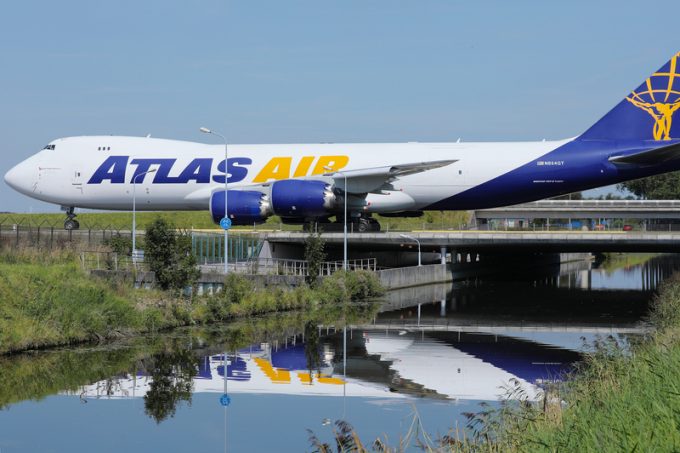CMA CGM will carry on investing after 'solid' Q1, despite unclear outlook
CMA CGM’s shipping line was exactly in line with the average market growth in Q1, ...

Atlas Air’s third-quarter earnings call was as interesting for what it didn’t say, as for what it did.
The bullish carrier reported net income at $74.1m, up 23.4% year on year, with adjusted ebitda of $196.3m, up from $95.6m in 2019, and adjusted net income at ...

Comment on this article